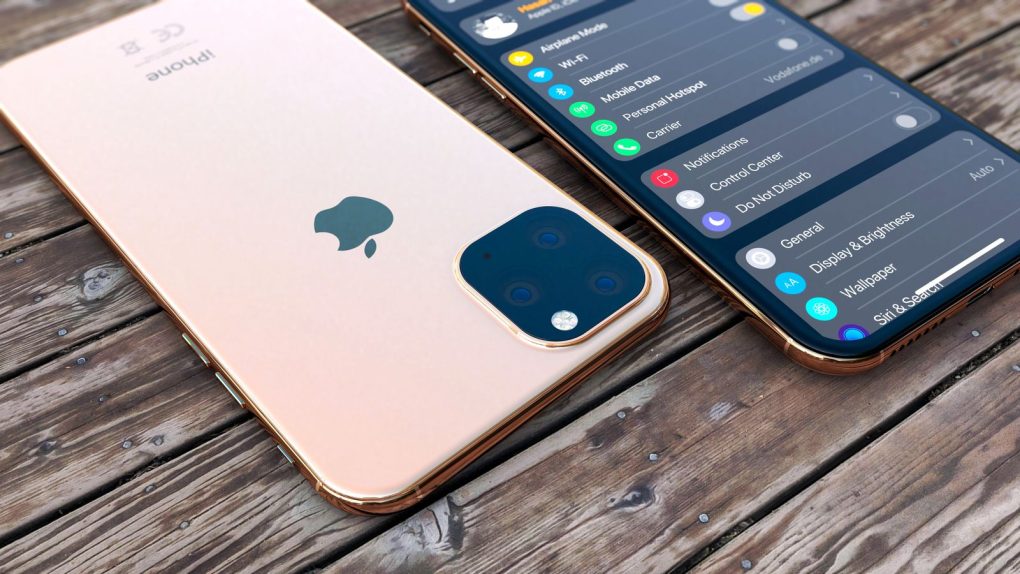A new report says Apple will announce three new iPhone 11 models in September, and that’s hardly surprising. After all, Apple has been announcing new iPhones in mid-September for years now and we’ve seen the iPhone 11 models leak plenty of times already. By the end of September, those new iPhones should hit store shelves and ship to your door if you preorder online. However, for two years in a row now, Apple failed to ship at least one of its new devices on time. With the iPhone 11 however, things should get back to normal.
The iPhone X and iPhone 8 series were unveiled at the same time in September 2017, but the iPhone X wasn’t available for in-store purchase until early November. A year later, the iPhones with OLED displays, including the iPhone XS and iPhone XS Max, were available to order in September but the LCD iPhone XR wasn’t released until October.
Reports at the time said Face ID components caused iPhone X delay, while LCD manufacturing issues may have delayed the iPhone XR’s arrival.
The three iPhone 11 models set to debut this year will look a lot like last year’s iPhones when it comes to the front design. We’re looking at iPhone XS, XS Max, and XR successors that will offer the same display choices. That’s LCD for the latter and OLED displays for the two iPhone XS successors. In other words, Apple shouldn’t experience manufacturing delays for any of these devices. That’s apparently what Wedbush believes, per a note to investors seen by BGR, as the latest checks show that all three iPhone 11 phones will be made available in stores simultaneously.
Wedbush’s Dan Ives believes the iPhone 11 phones will be released during the second week of September, which would be slightly earlier than expected. All signs point to a release on Friday, September 20th. We believe that’s still the case and Ives is wrong about the release timing.
The report notes that Apple will absorb a 10% tariff hit on the new iPhones and all the other products launching this fall, which means the base iPhone 11 price shouldn’t increase as a result of the Trump administration’s trade war with China. However, if the trade war continues into 2020, Apple might pass the cost on to the consumer. If that were the case, Ives thinks Apple would sell about 8 million fewer iPhones in the US.
The report doesn’t tell us what Apple might call these phones, but a recent rumor said the iPhone XR successor would have a vanilla iPhone 11 moniker, while the 2019 XS and XS Max versions will be sold under a new iPhone Pro name.








